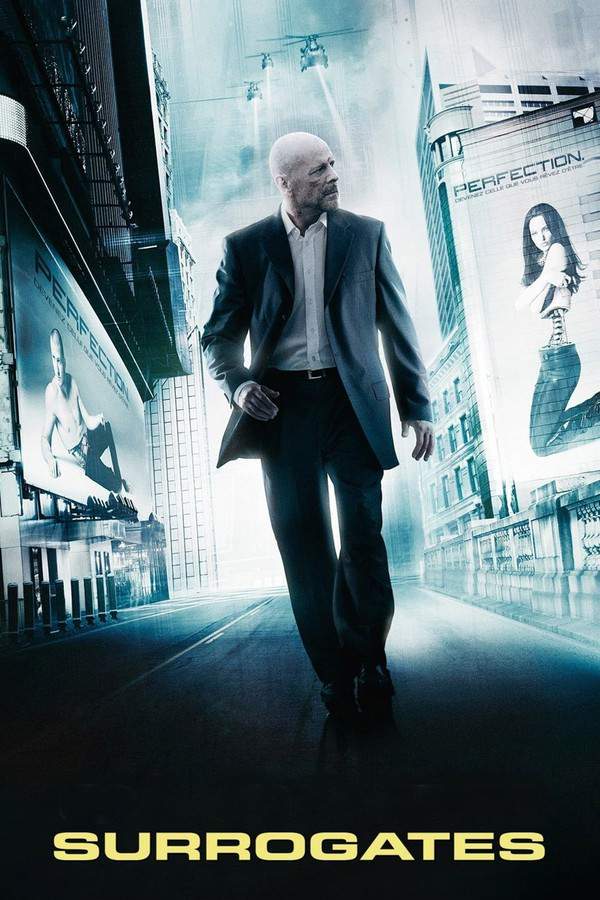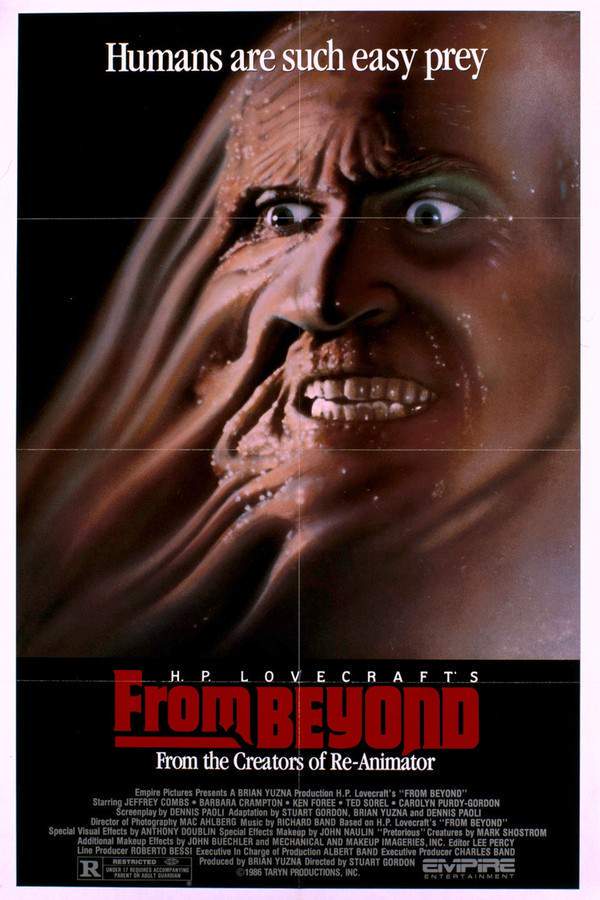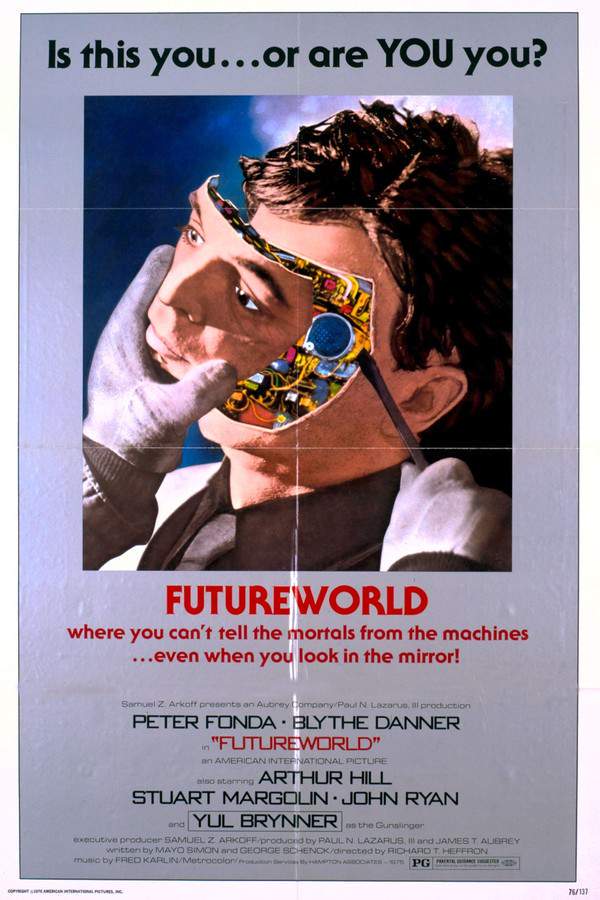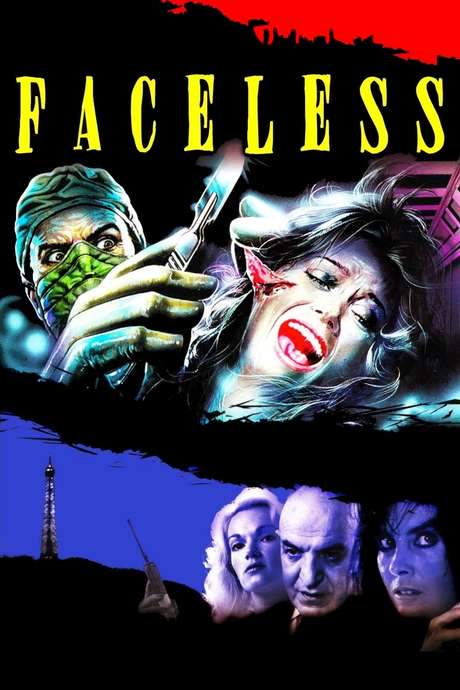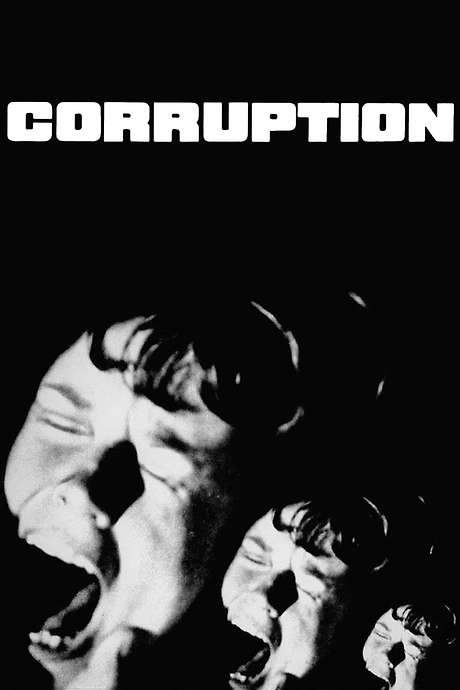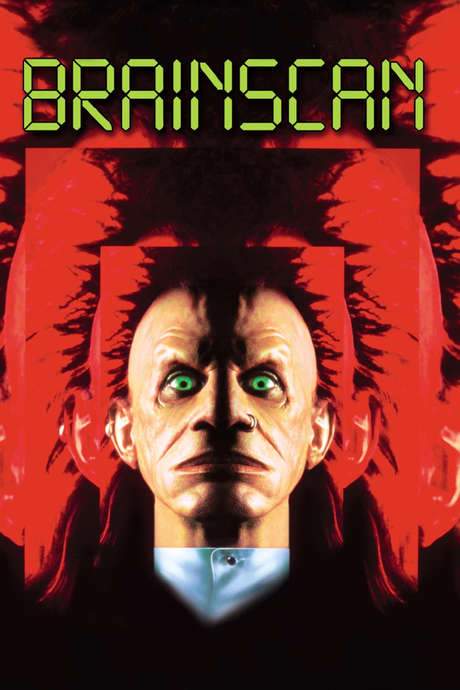Crimes of the Future 2022
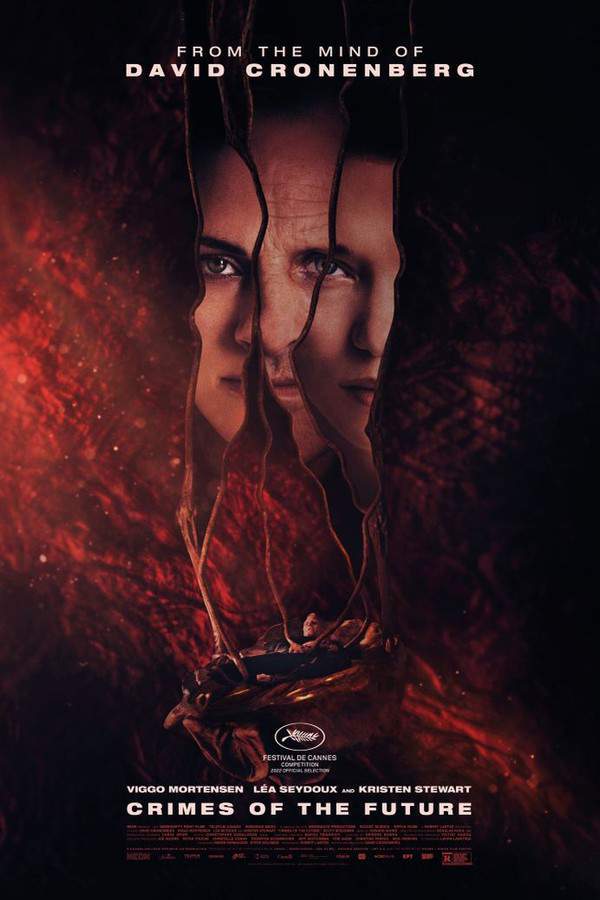
In a dystopian future where the human body undergoes synthetic evolution, performance artist Saul Tenser showcases unsettling transformations of his own organs alongside his partner, Caprice. As Saul’s fame grows, a detective, Timlin, begins to monitor their activities. However, a shadowy organization sees an opportunity to exploit Saul's notoriety, intending to reveal a disturbing progression in human evolution and further obscure the line between biology and technology.
Does Crimes of the Future have end credit scenes?
Yes!
Crimes of the Future does have end credit scenes. Stay until the very end!
Meet the Full Cast and Actors of Crimes of the Future
Explore the complete cast of Crimes of the Future, including both lead and supporting actors. Learn who plays each character, discover their past roles and achievements, and find out what makes this ensemble cast stand out in the world of film and television.
External Links and Streaming Options
Discover where to watch Crimes of the Future online, including streaming platforms, rental options, and official sources. Compare reviews, ratings, and in-depth movie information across sites like IMDb, TMDb, Wikipedia or Rotten Tomatoes.
Ratings and Reviews for Crimes of the Future
See how Crimes of the Future is rated across major platforms like IMDb, Metacritic, and TMDb. Compare audience scores and critic reviews to understand where Crimes of the Future stands among top-rated movies in its genre.

The Movie Echo Score
Crimes of the Future presents a visually arresting experience anchored by strong direction and striking cinematography, while its narrative cohesion falters for many viewers. Critics and fans praise the film's daring aesthetic and occasional standout performances, yet note uneven pacing and a lack of a decisive climax. The result is a divisive work that rewards appreciation of its sensory ambition but may deter those seeking a more conventional story.
The Movie Echo Score Breakdown for Crimes of the Future

Art & Craft
In terms of direction and visual craft, the film excels, with reviewers highlighting elegant ease, hypnotic imagery, and meticulous production design. Critics commend the crisp, detailed picture and inventive use of color and lighting. Some note a clinical or slow pace, but the majority of commentary underscores the film's strong artistic execution.

Character & Emotion
When assessing performances, critics acknowledge Mortensen, Seydoux, and especially Stewart for delivering nuanced, compelling portrayals. Several reviewers cite strong chemistry and a standout lead. Conversely, a few comments describe characters as flat or lacking clear motivation, creating a mixed yet generally positive impression of the acting.

Story & Flow
Regarding narrative flow, opinions diverge sharply. Some praise the film's thought‑provoking themes and integration of eco‑horror concepts, while many point to a weak plot structure, sluggish pacing, and absence of a climactic resolution. The story is seen as secondary to visual spectacle, resulting in an overall lukewarm assessment.

Sensory Experience
The sensory experience stands out, with reviewers applauding striking visuals, inventive lighting, and a distinct color palette. Sound design receives limited mention, but the overall auditory ambience supports the film's unsettling tone. The consensus is that the film delivers a memorable and immersive sensory landscape.

Rewatch Factor
Rewatch potential is mixed; enthusiasts appreciate the film's layered imagery and thematic depth, suggesting repeat viewings may reveal new details. However, several critics describe the pacing as tedious and the narrative as unsatisfying, limiting its appeal for multiple viewings. The overall impression leans toward modest replay value.

68
Metascore
6.1
User Score


80%
TOMATOMETER

50%
User Score

5.8 /10
IMDb Rating

60
%
User Score

3.3
From 589 fan ratings

3.33/5
From 6 fan ratings
Take the Ultimate Crimes of the Future Movie Quiz
Challenge your knowledge of Crimes of the Future with this fun and interactive movie quiz. Test yourself on key plot points, iconic characters, hidden details, and memorable moments to see how well you really know the film.
Crimes of the Future Quiz: Test your knowledge on the intricate themes and characters of 'Crimes of the Future'.
What unique ability does Brecken possess?
He can consume and digest plastics
He can communicate with machines
He can see into the future
He can heal bodily injuries
Show hint
Awards & Nominations for Crimes of the Future
Discover all the awards and nominations received by Crimes of the Future, from Oscars to film festival honors. Learn how Crimes of the Future and its cast and crew have been recognized by critics and the industry alike.
50th Anniversary Saturn Awards 2022
Best Science Fiction Film
Best Make-Up in a Film
Full Plot Summary and Ending Explained for Crimes of the Future
Read the complete plot summary of Crimes of the Future, including all major events, twists, and the full ending explained in detail. Explore key characters, themes, hidden meanings, and everything you need to understand the story from beginning to end.
At an undetermined future, significant innovations in biotechnology have led to the development of machines and analogue computers that seamlessly interact with and regulate human bodily functions, making it a commonplace reality. Alongside this, humanity has undergone several biological transformations of unknown origins. A notable change is the absence of physical pain and infectious diseases for most, which has made surgeries possible in regular settings while individuals are conscious. However, some people are experiencing more radical physiological alterations. One striking case is that of a young boy named Brecken, who possesses the extraordinary ability to consume and digest plastics as if they were food. Believing her son to be inhuman, Brecken’s mother tragically smothers him with a pillow, leaving his body to be discovered later by his father, Lang Dotrice.
In this intriguing world, we meet the acclaimed performance artist couple, Saul Tenser and Caprice. They exploit Tenser’s condition known as “accelerated evolution syndrome, which compels his body to continually generate new organs. This allows them to stage artistic performances where Tenser’s organs are removed live before an audience. The condition inflicts constant pain and severe discomfort, leaving Tenser dependent on multiple intricate biomechanical devices. His setup includes a specialized bed, a machine through which Caprice operates on him, and a chair that assists him with eating through twitching and rotating motions.
During their engagement with officials at the National Organ Registry—the government body responsible for managing the state’s limitations on human evolution—Tenser encounters the anxious bureaucrat, Timlin, who becomes enthralled by his artistic endeavors. Following a successful exhibition, she boldly proclaims that “surgery is the new sex,” a notion that resonantly reflects the sentiments of Tenser and various other characters who seem to find a sense of sexual fulfillment in these repeated surgical experiences over traditional intimacy.
A specialized police unit aims to use Tenser’s unique situation to infiltrate a radical evolutionist group. Without informing Caprice, Tenser engages with various contacts through other biological performance art events, leading him to an underground cell. Among them is the former cosmetic surgeon Nasatir, who performs a shocking procedure on Tenser, creating a zippered cavity in his abdomen. Caprice uses this unusual access point in a fervent display of intimacy, highlighting the surreal intersection of art and eroticism.
As the narrative unfolds, Tenser learns from Timlin that these evolutionists plan to adapt their systems to ingest plastics and synthetic materials, with their main sustenance consisting of a toxic purple “candy bar.” This choice controversially links back to Brecken, whose abilities undermine the government’s previous claims against human evolution. Timlin attempts to seduce Tenser, but he shyly admits he is not proficient in “the old sex.”
Eventually, Tenser is approached by Lang, who proposes that Tenser and Caprice publicly demonstrate the cell’s agenda by conducting an autopsy of Brecken, showcasing his extraordinary digestive system. After some contemplation, Tenser consents to this exhibition. With many, including Timlin and Lang, watching in anticipation, Tenser’s autopsy reveals disturbing truths as it becomes apparent that Brecken’s natural organs have been replaced surgically. Lang, devastated by the event, rushes away in tears, only to be approached outside by two agents from the corporation responsible for Tenser’s biomedical machines, who then brutally assassinate him.
The aftermath of tragedy weighs heavily on Tenser, who learns that Timlin orchestrated the replacement of Brecken’s organs to suppress deviations in human evolution from public scrutiny. Heartbroken by the deaths of Brecken and Lang, Tenser informs the police that he no longer wishes to collaborate with them, openly agreeing with the evolutionists’ perspectives.
In a poignant moment, Tenser struggles to eat in his chair. He asks Caprice for a piece of plastic, and as she records, he eats it, gazing into her camera. A tear escapes his eye, complemented by a smile as the chair finally becomes still.
Uncover the Details: Timeline, Characters, Themes, and Beyond!

Coming soon on iOS and Android
The Plot Explained Mobile App
From blockbusters to hidden gems — dive into movie stories anytime, anywhere. Save your favorites, discover plots faster, and never miss a twist again.
Sign up to be the first to know when we launch. Your email stays private — always.
Watch Trailers, Clips & Behind-the-Scenes for Crimes of the Future
Watch official trailers, exclusive clips, cast interviews, and behind-the-scenes footage from Crimes of the Future. Dive deeper into the making of the film, its standout moments, and key production insights.
Crimes of the Future Themes and Keywords
Discover the central themes, ideas, and keywords that define the movie’s story, tone, and message. Analyze the film’s deeper meanings, genre influences, and recurring concepts.
Crimes of the Future Other Names and Titles
Explore the various alternative titles, translations, and other names used for Crimes of the Future across different regions and languages. Understand how the film is marketed and recognized worldwide.
Similar Movies To Crimes of the Future You Should Know About
Browse a curated list of movies similar in genre, tone, characters, or story structure. Discover new titles like the one you're watching, perfect for fans of related plots, vibes, or cinematic styles.
Quick Links: Summary, Cast, Ratings, More

What's After the Movie?
Not sure whether to stay after the credits? Find out!
Explore Our Movie Platform
New Movie Releases (2026)
Famous Movie Actors
Top Film Production Studios
Movie Plot Summaries & Endings
Major Movie Awards & Winners
Best Concert Films & Music Documentaries
Movie Collections and Curated Lists
© 2026 What's After the Movie. All rights reserved.






















